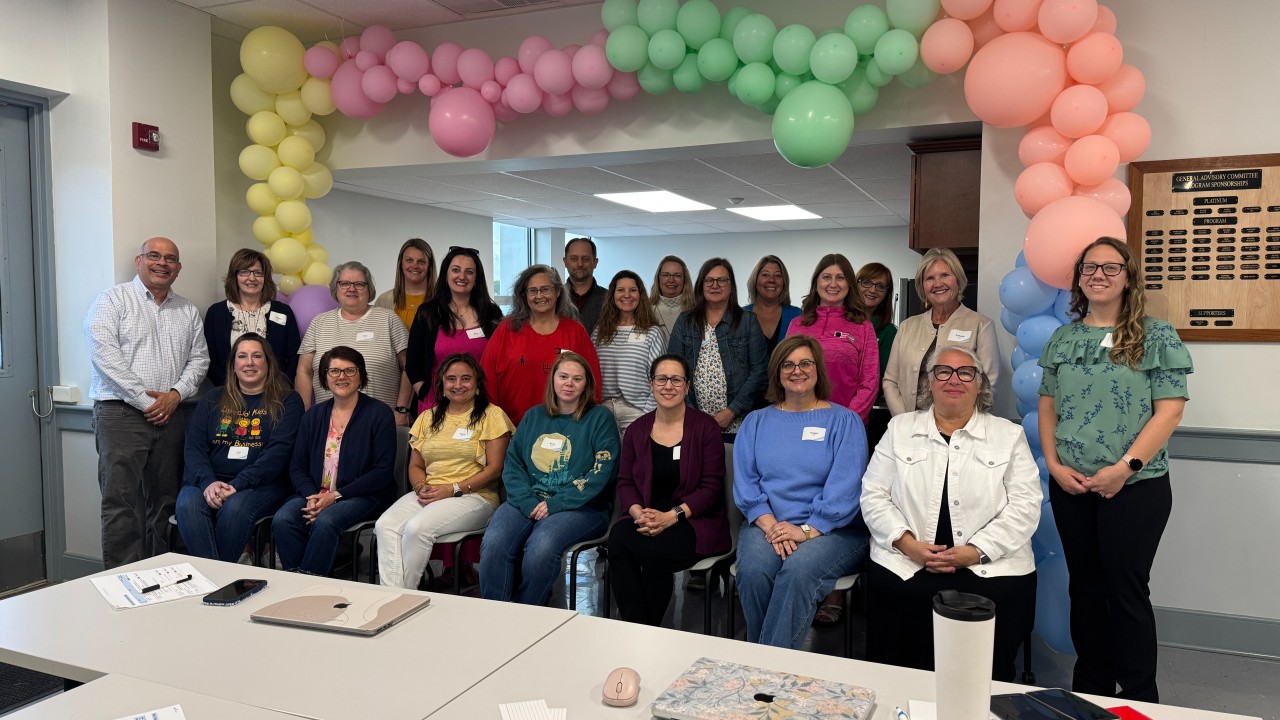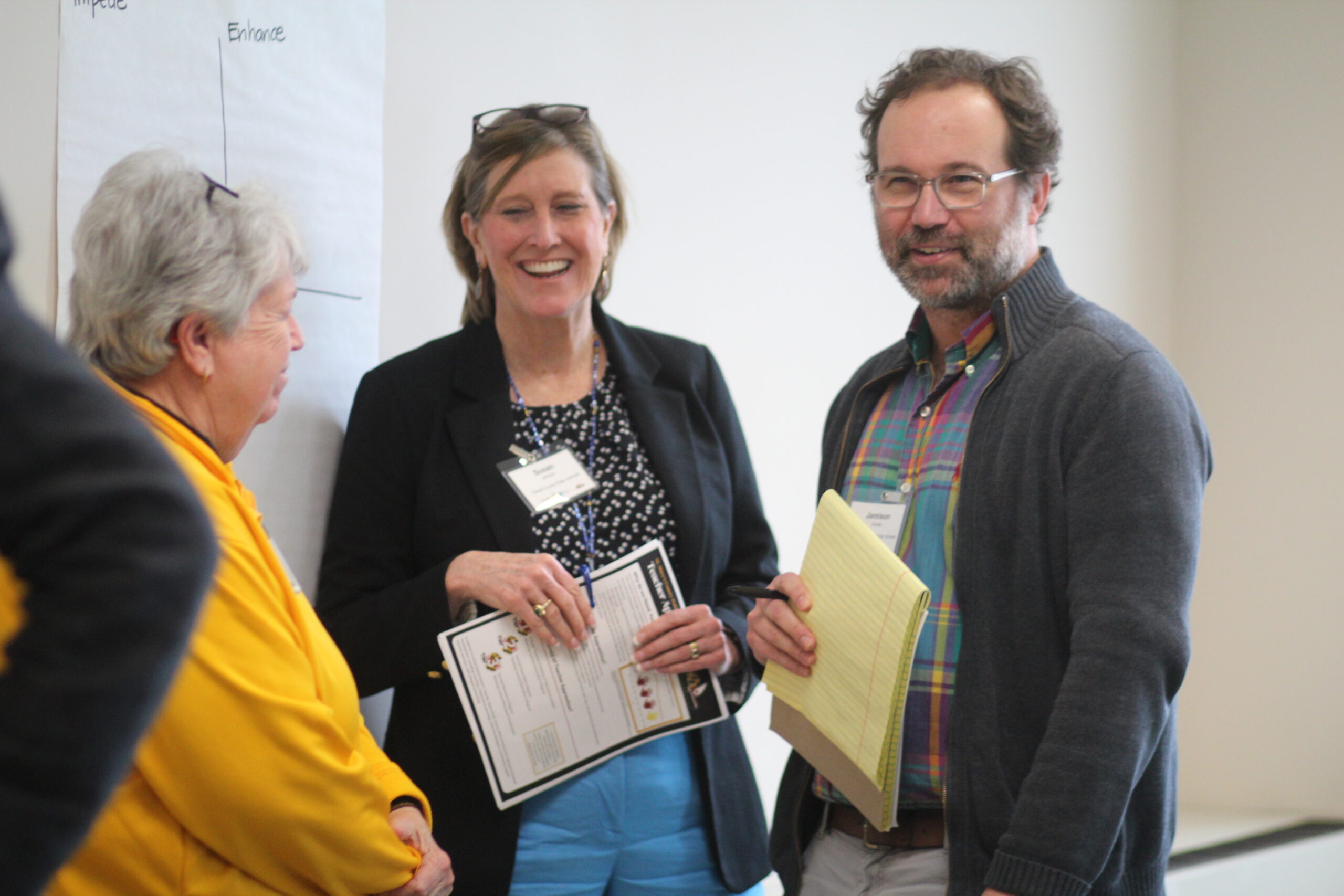
Three years ago, Franklin County’s business and industry leaders came together with an urgent concern.
“We’re bringing jobs to the region, but we need a skilled workforce to fill them,” one leader shared.
In the rolling hills of rural south-central Pennsylvania, the county is home to tight-knit communities and a growing economy. With businesses expanding their presence in the county, local employers were eager to invest in the region. However, they recognized that the foundation of a strong workforce starts with a strong education system—beginning in early childhood.
This wasn’t just a school district issue—it was an economic issue, a community issue, and an opportunity to rethink how rural counties prepare their children for long-term success.
That’s why Franklin County is embarking on a groundbreaking journey to redesign its education system—one that holds the potential to redefine early learning and K-12 education across rural communities. Partnering with National Center on Education and the Economy (NCEE), PA’s Office of Child Development and Early Learning (OCDEL), and the Lincoln Intermediate Intermediate Unit, Franklin County has become the latest participant in an Early Childhood Education System Design Partnership (ECE SDP) that challenges district leaders and providers of early childhood programs and services to examine their structures, policies, and instructional systems against the world’s highest-performing education jurisdictions.
With a focus on rural education, where fewer resources require smarter, more coordinated strategies, ECE SDP participants are working together with a common goal: to create a cohesive, high-performing system that ensures every student, from birth through grade 3, has access to the educational foundation needed for long-life success.
Like many places in the United States, Franklin County’s early childhood education (ECE) is fragmented, leaving families and educators to navigate a maze of programs, eligibility requirements, and disconnected services. This has resulted in readiness gaps for many children entering kindergarten—gaps that, without intervention, can widen over time.
Recognizing these challenges, local school district superintendents, business leaders, and community organizations saw an opportunity—particularly in early childhood development as a workforce pipeline for the future.
Franklin County leaders are looking at global best practices to determine:
- How can we create a seamless, high-quality early learning system?
- How do we ensure every student is equipped with the skills needed to thrive by Grade 3?
- What policies and structures must change to create a sustainable, world-class education system in our rural context?
These are the hard questions that Franklin County leaders are tackling head-on.
System redesign is a transformative process. It requires leaders to think differently: not only about what to do, but why and how their systems operate. Over eight in-person sessions spanning from January to May 2025, district teams will:
- Benchmark their current policies and practices against top-performing education systems.
- Engage with community partners—from business leaders to districts to early childhood providers—to align priorities and resources.
- Develop a county-wide strategy that ensures every child starts school ready to succeed and that education remains a driver of regional economic growth.
Franklin County’s work has implications beyond its borders. Can a rural county design a world-class education system that serves as a model for others? That’s the ultimate question. The answer, so far, looks promising:

Cross-sector collaboration is strengthening. With businesses, districts, and early childhood providers aligned, Franklin County is creating a tighter, more cohesive partnership that can outlast short-term funding cycles.

Statewide implications are on the table. If successful, it could inform broader policy decisions about how Pennsylvania and other states scale rural education transformation and position itself as a national leader in system design.

Long-term sustainability is a priority. Franklin County isn’t just designing a system for today—it’s thinking ahead, ensuring that its early childhood investments lead to stronger K-12 outcomes and ultimately, a prepared local workforce.
The work in Franklin County is ambitious and challenges the status quo of rural education. But with strong leadership, community engagement, and a relentless focus on ensuring strong outcomes for all learners, this county is well on its way to setting a new standard for rural education transformation.
Stay tuned. Franklin County’s story is just beginning.




